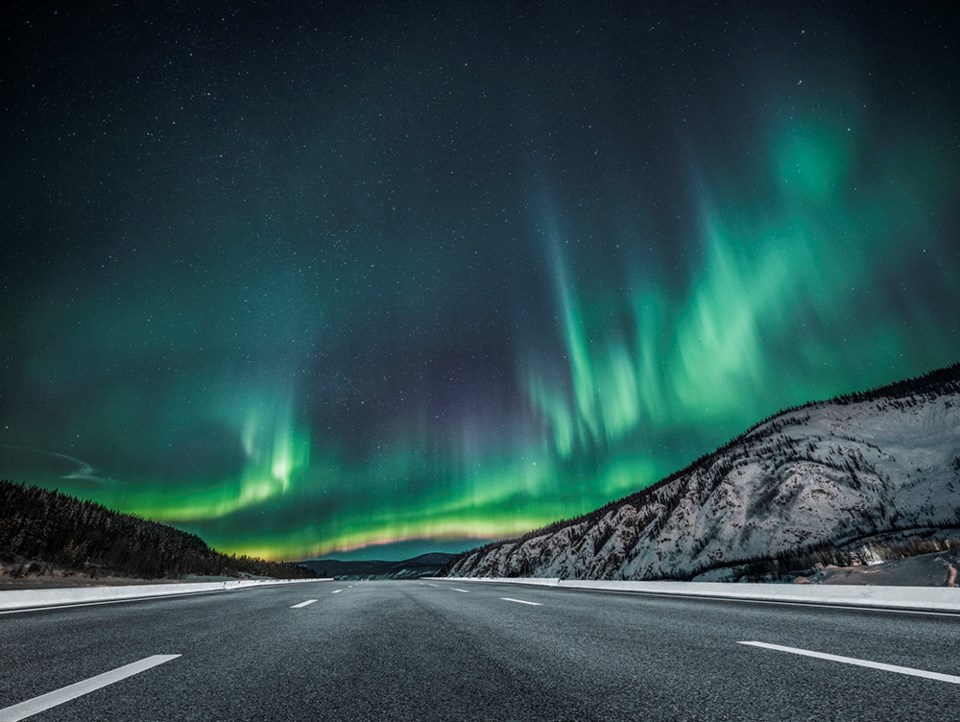WHITEHORSE, Yukon — The war in Ukraine has put the North back in the crosshairs of conversations about Canadian defense.
Yukon Premier, Sandy Silver, has watched Russian attention and investment in the Arctic region for over a decade. Now, with Russian aggressiveness at the fore, he has worked to get the attention of Canada’s political leaders.
At the end of February Silver, as Chair of the Northern Premiers, called an impromptu meeting of those three leaders. Following that, Silver, N.W.T. Premier Caroline Cochrane and Nunavut Premier P.J. Akeeagok wrote a joint letter to British Columbia Premier John Horgan and the other premiers requesting space on the agenda of the Council of the Federation’s (CoF) summer meeting.
“Northerners have been watching with horror and shock as the unprovoked Russian invasion of Ukraine has unfolded,” the letter opens.
It goes on to outline the ambitious infrastructure investments Russia has made, including bulking up on their military presence. Their letter speaks to how Russia’s actions threaten global security.
Silver told the News, “It’s time that Canada does the same. Russian actions are threatening global security, and the international rules-based order.”
Silver spoke with the News on March 22 fresh off similar calls from the New York Times and the Toronto Star.
“We have to have a conversation about Arctic sovereignty and Arctic security and keeping a watchful eye on Russia’s actions there,” Silver said.
He says there’s no immediate threat, but there has been “lots of movement.”
Silver says that it’s time to think about critical infrastructure. Now, not just because of climate change, but because of national security.
Ken Coates told the News, “We’re 30 years too late,” during an interview March 16.
Coates grew up in Whitehorse. He is a historian and a research chair at the University of Saskatchewan.
As such, his time-based sense of events informs what-has-been and what-might-be. He considers the foresight that built a military base and a university in Fairbanks as the key investments that kept that city on the map all these years.
Coates says it was military thinking that ran the Alaska Highway along a flight path rather than for strategic development along a mineralized corridor, and killed the future of Dawson City. Canada’s Department of Defence administered most of Whitehorse until 1964 when responsibility for the highway, army housing and airports was passed to Public Works Canada.
Silver has spoken to Anita Anand, Canada’s defence minister.
“Canada is working to strengthen the continental defence and they’re working with their partner governments internationally to modernize the North American Aerospace Defense Command (NORAD),” Silver said. “They’re doing it in collaboration with United States, and thereby acquiring some new capabilities.”
Coates admits that new technologies have definitely reduced the need to monitor the ground.
“We have incredibly sophisticated systems that monitor all sorts of military activities around the world,” he said.
He argues that other reason for a civil military presence is “actually just to reassure the people that your country is looked after, to support the idea that their country is defended at all times.”
Silver defers to Canada for major defence and infrastructure investments.
According to Major Susan Magill, Joint Task Force North in Yellowknife, there are around 255 Canadian Rangers in the Yukon. That number includes elders who know the land and people who know the communities. There are also 115 junior Rangers under the age of 18.
The Rangers are part of the Canadian Armed Forces reserves. They work in remote, isolated and coastal regions of the country, including the territories.
Silver looks to the Rangers “as our first line of defence, our boots on the ground.”
He says in the communities, they are the members who know how to get things done. He says they are also a means of local knowledge finding its way to decision-makers.
“Calling them the first line of defence is one thing, but when we’re talking about the sovereignty of the North … the Rangers need to be adequately funded for these communities to be really resilient,” Silver said.
“It’s about the investment and, on a daily basis, making our communities thrive in the north. That’s the best way to achieve sovereignty. As for the military response — I’ll leave that to the federal government to respond to.”
Coates thinks that the territory has benefitted for a long time because no one pays that much attention to Yukon.
“One of the things you realize from Ukraine is that we live in a very unsettled world, and that we have to be prepared for this,” Coates said. “We can’t just let go and hope everything takes care of itself. We just cannot. We’ve done that for far, far, far too long.”
Coates is clear that he believes that Yukon needs to “be prepared for bad things to happen. We need to rethink our northern defence capabilities in a systematic way. That’s what we have to do. And I think we have to do that in conjunction with our partners.”


